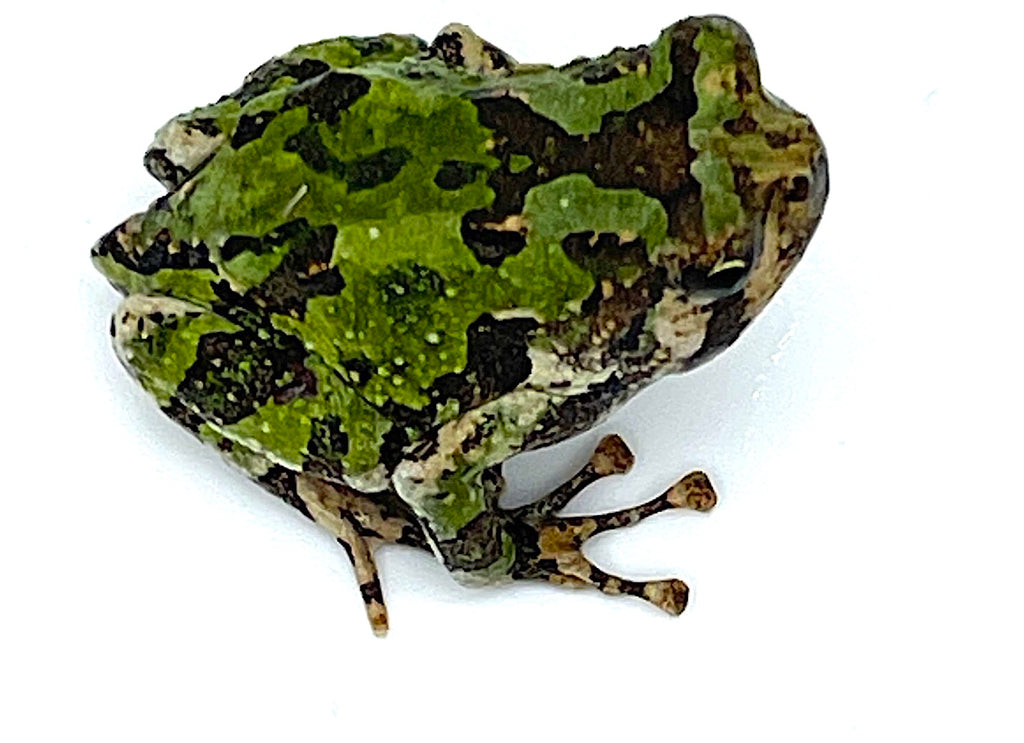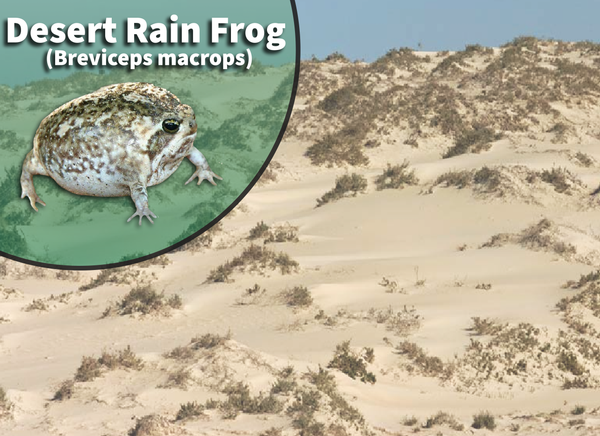Common Health Issues in Reptiles: Signs and Solutions
In the complex world of reptile care, recognizing the typical wellness concerns that may impact these unique creatures is vital in ensuring their health. Whether it's grappling with parasitic problems, navigating dehydration worries, or dealing with skin conditions that show up in refined methods, being attuned to the signs and symptoms and furnished with the expertise of efficient options is crucial for any reptile proprietor.
Breathing Infections
Respiratory infections in reptiles can substantially influence their total health and call for prompt focus from knowledgeable veterinarians. These infections are commonly brought on by bacteria, viruses, or fungis and can materialize with signs such as hissing, nasal discharge, open-mouth breathing, and sleepiness. In reptiles, respiratory infections can be especially challenging to diagnose and treat as a result of their one-of-a-kind anatomy and physiology. Vets commonly rely upon a combination of checkups, diagnostic imaging, and lab examinations to precisely identify the underlying reason for the infection.
Therapy for respiratory infections in reptiles typically entails a combination of encouraging care, such as maintaining correct moisture degrees and temperature gradients in the room, as well as targeted medication to deal with the certain microorganism responsible for the infection. It is essential for reptile proprietors to monitor their pets very closely for any kind of indicators of respiratory system distress and look for vet treatment at the earliest sign of an issue. With timely intervention and suitable treatment, lots of reptiles can recuperate totally from breathing infections and return to normal tasks.

Metabolic Bone Condition
What variables add to the advancement of Metabolic Bone Illness in reptiles?
Metabolic Bone Disease (MBD) in reptiles is mainly triggered by an absence of proper calcium, phosphorus, and vitamin D3 degrees in their diet plan. When reptiles do not get ample calcium, either via their food or proper UVB exposure for vitamin D3 synthesis, they are at a high threat of creating MBD. Reptiles with diet plans reduced in calcium or imbalanced calcium to phosphorus ratios are specifically susceptible. Additionally, inadequate exposure to UVB light prevents reptiles from synthesizing vitamin D3, which is important for calcium absorption and bone wellness.
Various other contributing variables to MBD consist of incorrect temperature gradients within the reptile's habitat, leading to decreased metabolic process and damaged calcium absorption. Insufficient humidity degrees can additionally influence a reptile's capacity to metabolize calcium effectively. Certain reptile types have particular nutritional requirements that, if not fulfilled, can boost the possibility of establishing MBD. Normal vet check-ups, proper husbandry practices, and a well balanced diet plan are necessary to protect against Metabolic Bone Illness in reptiles.
Parasitic Problems
Parasitic click this site invasions posture a considerable health danger to reptiles, affecting their overall health and needing timely vet interest. Reptiles can be impacted by various bloodsuckers, consisting of mites, ticks, interior worms, and protozoa. These bloodsuckers can trigger a variety of symptoms, such as fat burning, sleepiness, skin irritation, looseness of the bowels, and even death if left without treatment.
One usual parasite found in reptiles is the mite, which can trigger skin irritation, tension, and anemia. Ticks are another exterior parasite that can trigger and send conditions pain to the reptile. Inner parasites like worms and protozoa can lead to digestion problems, malnutrition, and deteriorate the reptile's body immune system.
To detect a parasitical invasion, a veterinarian may perform fecal tests, skin scrapings, or blood tests. Treatment often includes deworming medications, antiparasitic baths, or in extreme situations, hospitalization. Preventative measures such as regular vet examinations, correct health, and quarantine procedures for brand-new reptiles can assist lessen the threat of parasitic problems and make certain the well-being of reptile pet dogs.
Dehydration and Hydration Issues
Dehydration in reptiles can considerably affect their health and well-being, requiring prompt intervention and appropriate hydration monitoring. Reptiles are prone to dehydration due to different elements such as insufficient water intake, high environmental temperature levels, and particular health and wellness problems. Symptoms of dehydration in reptiles include sunken eyes, sleepiness, loss of skin flexibility, and minimized urination. If left unattended, dehydration can bring about severe health and wellness problems and also be fatal to the reptile.
To stop dehydration, reptile owners should ensure that their pet dogs have accessibility to tidy water in any way times. The water recipe should be big enough for the reptile to take in if required, specifically for varieties that absorb water via their skin. Additionally, maintaining appropriate moisture levels in the reptile's unit and providing regular baths can help avoid dehydration.
In cases of dehydration, it is essential to seek veterinary treatment quickly. A veterinarian may administer liquids either by mouth or with shots to rehydrate the reptile. It is essential to attend to useful content the underlying reason for dehydration to avoid reappearance and ensure the reptile's general health.
Skin Disorders

Conclusion

Respiratory infections in reptiles can dramatically impact their total health and need timely interest from knowledgeable vets (rain frog for sale). Preventative procedures such as routine vet examinations, proper health, and quarantine treatments for brand-new reptiles can help minimize the danger of parasitic problems and guarantee the wellness of reptile pet dogs
If left untreated, dehydration can lead to significant health and wellness concerns and even be deadly to the reptile.
Frequently checking your reptile for any type of adjustments in skin shade, look, or structure can aid in early discovery and treatment of skin disorders, promoting the overall health and wellness and health of your scaly companion. - rain frog for sale
In conclusion, reptiles are vulnerable to various health issues such as breathing infections, metabolic bone disease, parasitical problems, dehydration, browse around this site and skin conditions.